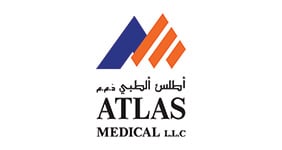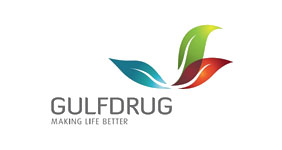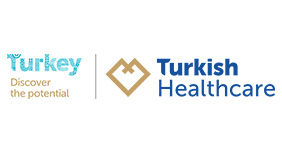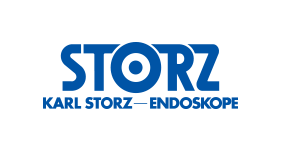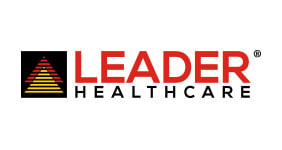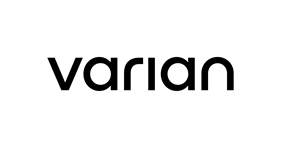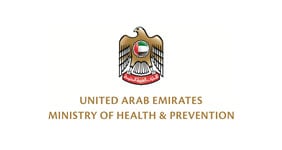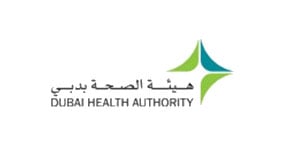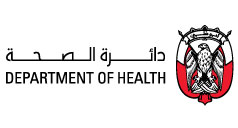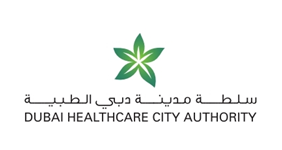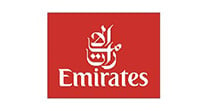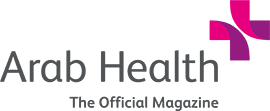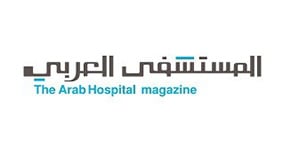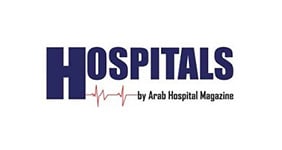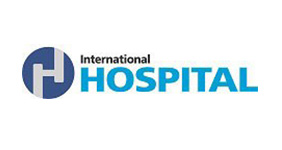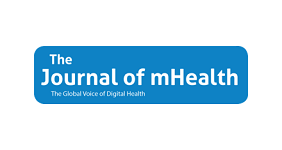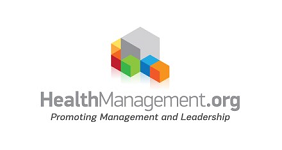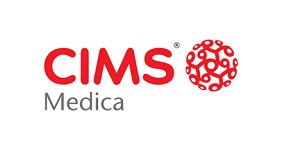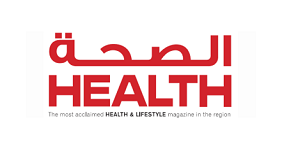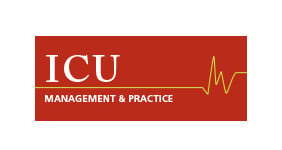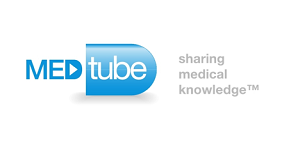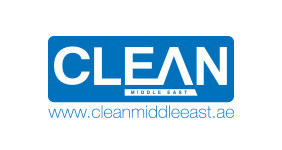Technology: accelerating innovation across healthcare.
Taking to the skies with drones.
Currently, health services and medical resources in underserved communities are limited to motor transportation and face-to-face interactions; however, drones are being explored as a feasible option in providing these services in a more efficient manner (Wulfovich et al., 2018). Current research has explored the use of drones for natural disaster relief, search and rescue missions, and transfer units. However, there is limited research on how drones could be used as telemedicine and transfer units.
According to S. Wulfovich et al. (2018), technology is reaching a point of maturity and this opportunity will allow drones to become viable options for a diverse range of services including health services.
“Drones can have a large social impact and can be used for emergency services and response, and, if our hypothesis is correct, drones can also serve as telemedicine units. Drones have the ability to change access to health all over the world and can make medical services readily available and take road infrastructure out of the equation.” (Wulfovich et al., 2018)
Benefits of using drone in healthcare delivery:
- Increased ability to reach victims who require immediate medical attention
- Autonomously transport medicine within hospital walls and currier blood between hospital buildings
- Increased ability to care for the elderly as the age in place
- Potentially decrease the cost associated with providing medical care
- Increases the efficiency of providing care to patients in remote locations
Challenges with using drone in healthcare delivery:
- Maintaining the integrity of specimens during delivery:
- Temperature control
- The need for special equipment (packaging)
- Payload capacity
- Battery life
- Security for controlled substances
- Regulations; Federal, state and local
- Consumer demand
Source: The American Society of Mechanical Engineers
About Arab Health:
For 44 years Arab Health has brought the latest innovations in healthcare to the MENA region. From state-of-the-art imaging equipment to the most cost-effective disposables; developments in surgery to advances in prosthetics, Arab Health continues to be at the heart of healthcare in the Middle East. The 2019 edition of the show will take place from 28-31 January and will welcome 4,150+ exhibiting companies to showcase their latest innovations to 84,500+ healthcare and trade professionals. Running alongside the exhibition are 12 CME accredited conference tracks and a variety of workshops and hands-on training sessions for medical professionals to advance their knowledge and skills. For more information, visit www.arabhealthonline.com.




